Only 18.4% of victims have received medical or psychological assistance
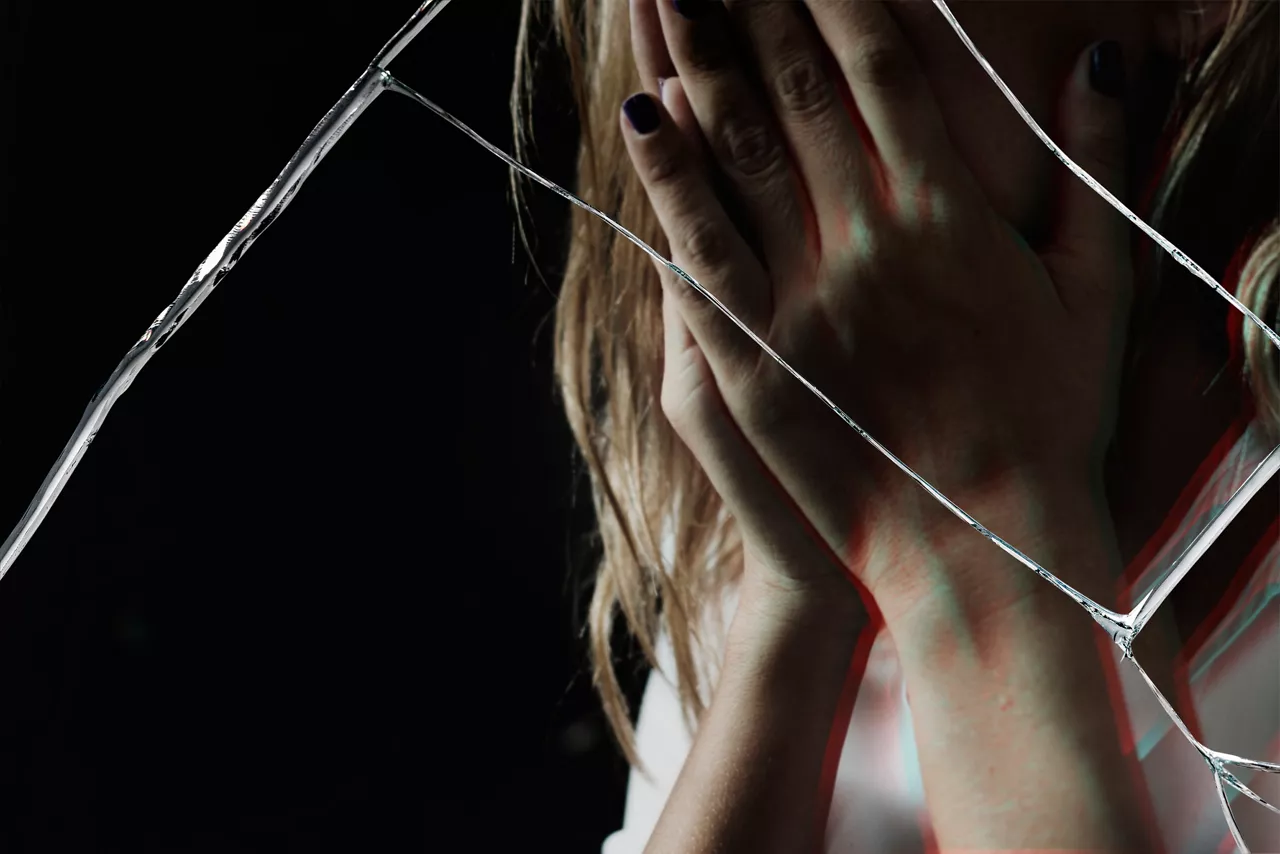
The consequences of male violence on victims are multiple and varied, as well as the ways in which each of them goes through or faces this situation, as evidenced by the first official survey carried out by the Basque Government on violence against women and other forms of interpersonal violence.
Only 18.4 per cent of women who have suffered male violence claim to have received medical or psychological assistance after having suffered violence, and another 17.3 per cent reply that they have not received it, but believe that they should have received it.
Women who have suffered physical and psychological violence have received more medical assistance than victims of sexual violence. In addition, the proportion of women who received medical assistance is higher in cases where violence has occurred within the couple.
According to the report, 11.7 per cent of women who have suffered some form of violence in their partner's area and/or abroad have been temporarily unable to attend work or school .
Leave or absenteeism is more common in women who have suffered physical or psychological violence than in women who have suffered sexual violence, while it is more common in women who have suffered violence within the couple.
With regard to violence against women with disabilities, 12.5 per centof these women claim that their disability or limitations are due to violence by their partner or other person, up to 15.8 per cent of those who have suffered violence within and outside the couple.
16.6 per cent of women who have experienced some form of violence within and/or outside the couple report having taken drugs, alcohol or drugs to deal with episodes of violence experienced. Consumption is more frequent among those who have suffered violence in the area of partner relationship (23.4 per cent compared with 6.9 per cent of women who have suffered violence outside the couple).
Almost two out of ten women have not spoken to anyone in the area about the violence they have suffered, and it is common for women who have suffered violence within the couple to share these experiences to a lesser extent with their friends or family.
Children, witnesses and victims
One of the most worrying aspects of violence against women is that minors are often also witnesses and victims of various forms of violence.
One in three women victims of violence (34.7 per cent) lived with minors at the time of violence, mostly children (34.1 per cent).
In two-thirds of cases, minors have at some point witnessed or heard episodes of violence within the couple; in about one in four cases, minors were exposed to violence quite frequently (26.2 per cent).
On the other hand, these surveys show that in almost three out of ten of these households (27.6 per cent), boys and girls have suffered violence directly from their partners or ex-partners, often in 9.6 per cent of cases.

Accusations, and reasons not to report
The survey also contains information onthe extent to whichwomen's violence situations are reported .
According to the data, only 13.9 per cent of women who claim to have suffered violence within and/or outside the couple have ever reported it, 9.6 per cent in the last year, most of whom have been reported by women themselves.
Most of the complaints are for physical and psychological violence, and only 12.1 per cent report acts of sexual violence.
Women have various reasons not to report the violence they have suffered, including not identifying violence with a reprehensible crime (64.5 per cent), showing feelings of guilt, shame or emotional blockade (19.1 per cent) or not taking steps in the face of difficulties that a judicial process may entail (18.4 per cent).

You might like
A man has been arrested in Vitoria-Gasteiz for recording with his cell phone a minor girl peeing between cars
The 32-year-old man has been detained by several people until the arrival of the Ertzaintza. After the police station proceedings, the detainee has been released pending trial.
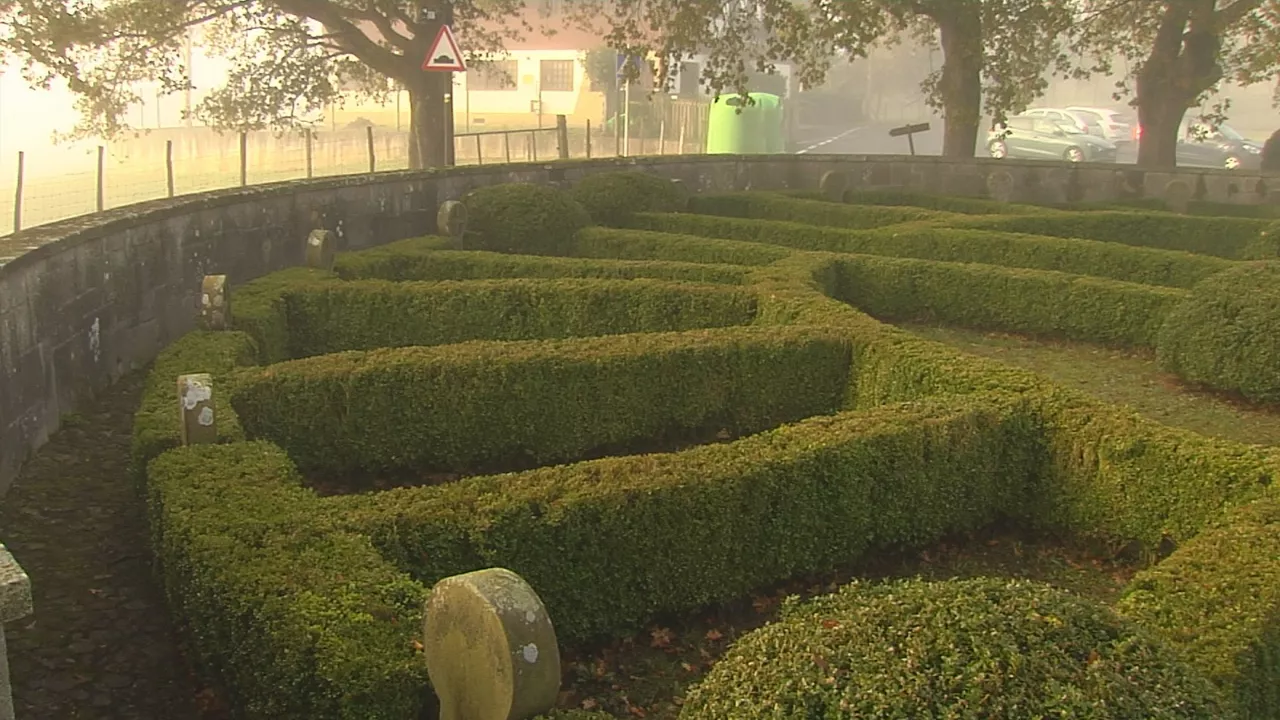
Apotzaga cemetery, special circular cemetery in the Apotzaga anteiglesia of Eskoriatza
In the graves there are not the names of the dead, but the names of the houses. In some cases, so are the trades. It was founded by Abbot Anastasio Otadui of Apotzaga 60. It is 20 meters in diameter. eta attracts many visitors.
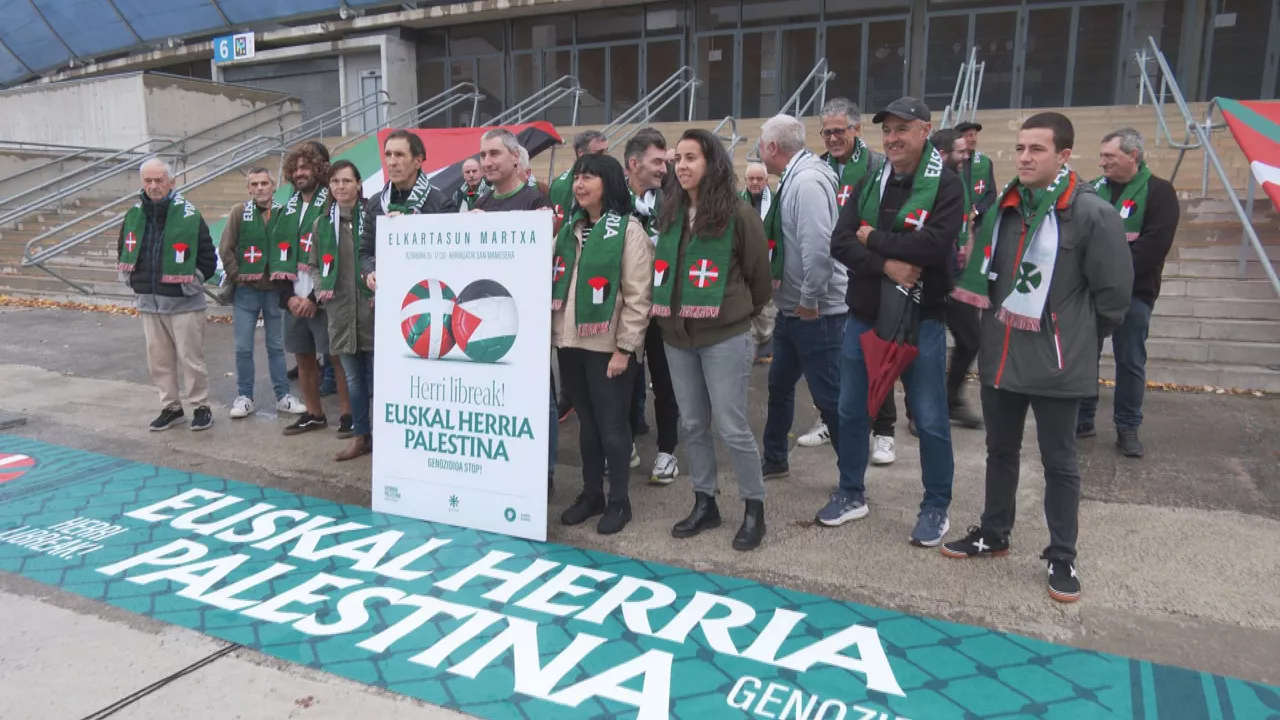
They have presented a manifesto for the officiality of the Basque selection and against the genocide in Palestine
Various players from the world of sport have called on the public to participate in the "Solidarity March" to be held from the Arriaga Theatre in Bilbao on the day of the match between the two teams on 15 November.
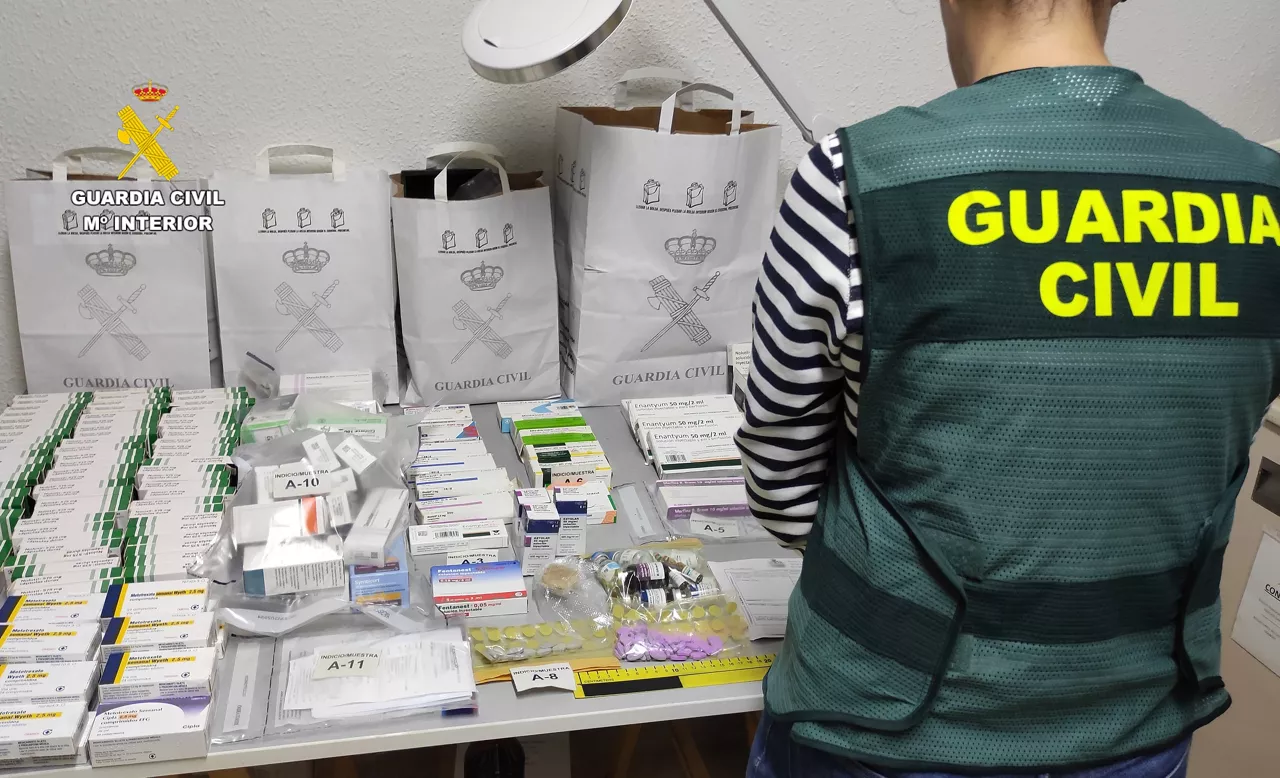
22 detainees for illegally selling medicines, one in Bizkaia
The Civil Guard launched Operation Grecofar by detecting a large number of psychotropic substances at a packaging company in Benavent, Zamora, as a result of which a large number of private prescriptions from a doctor were identified.
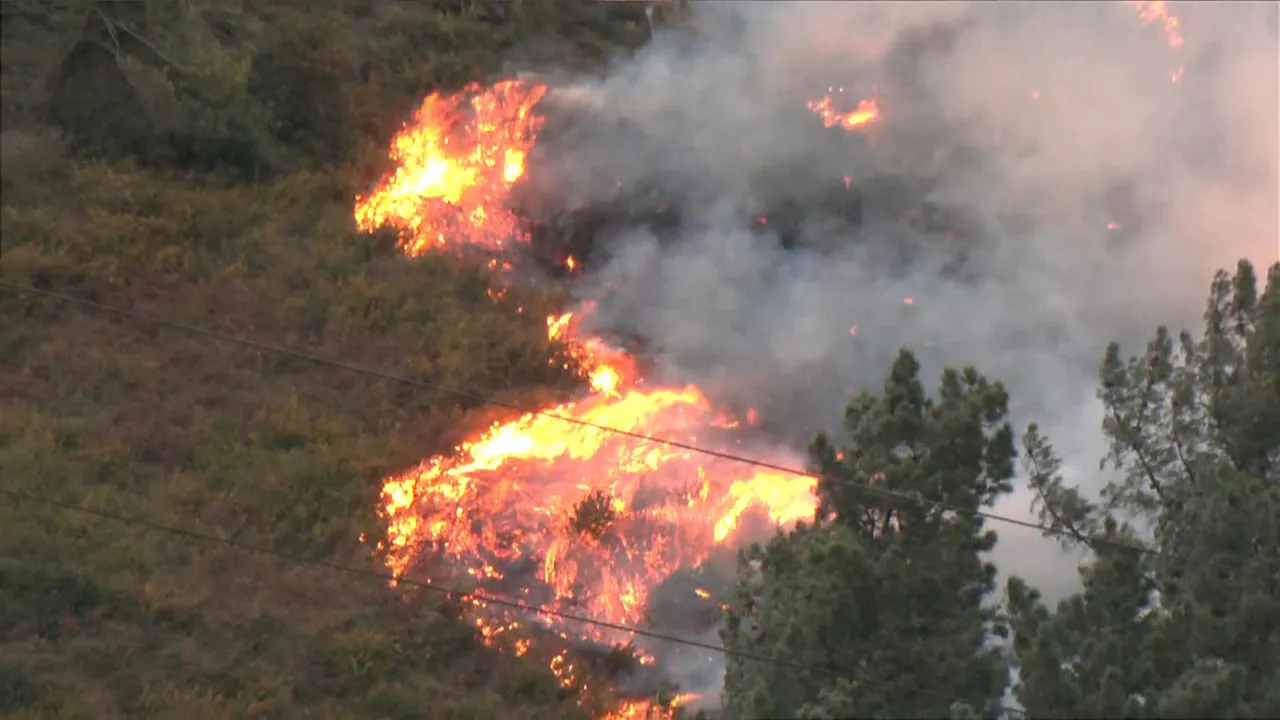
Firefighters are still working on Güeñes
The fire was revived last night around 10:00 p.m. and a helicopter has been requested to cool the area.
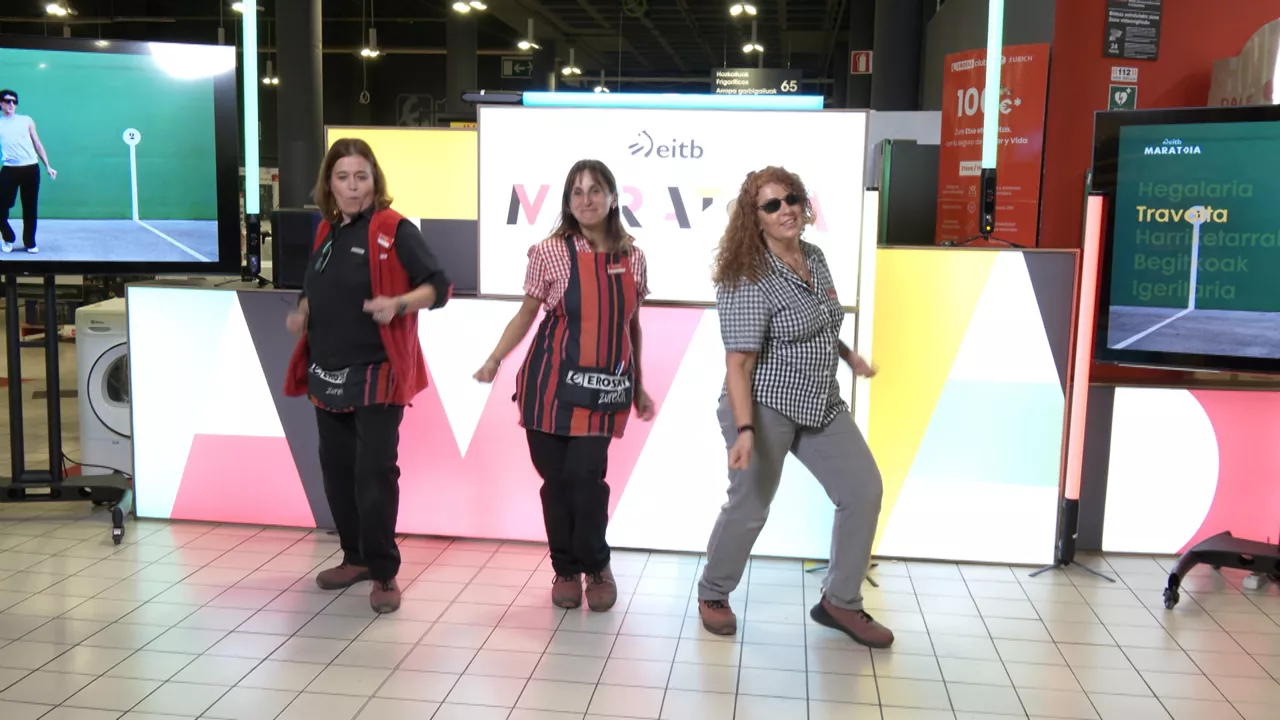
Eroski joins EITB Maratoia and will allocate the "solidarity cent" to research into healthy aging
At the Art Shopping Center they celebrated their collaboration with a dance tutorial, which will take place on December 18, the big fundraising day, but you can already make donations through BIZUM to 33478.
The man who disappeared last Monday in Yécora was found dead
Search services found the man's body around 6 p.m. in an area of difficult access.
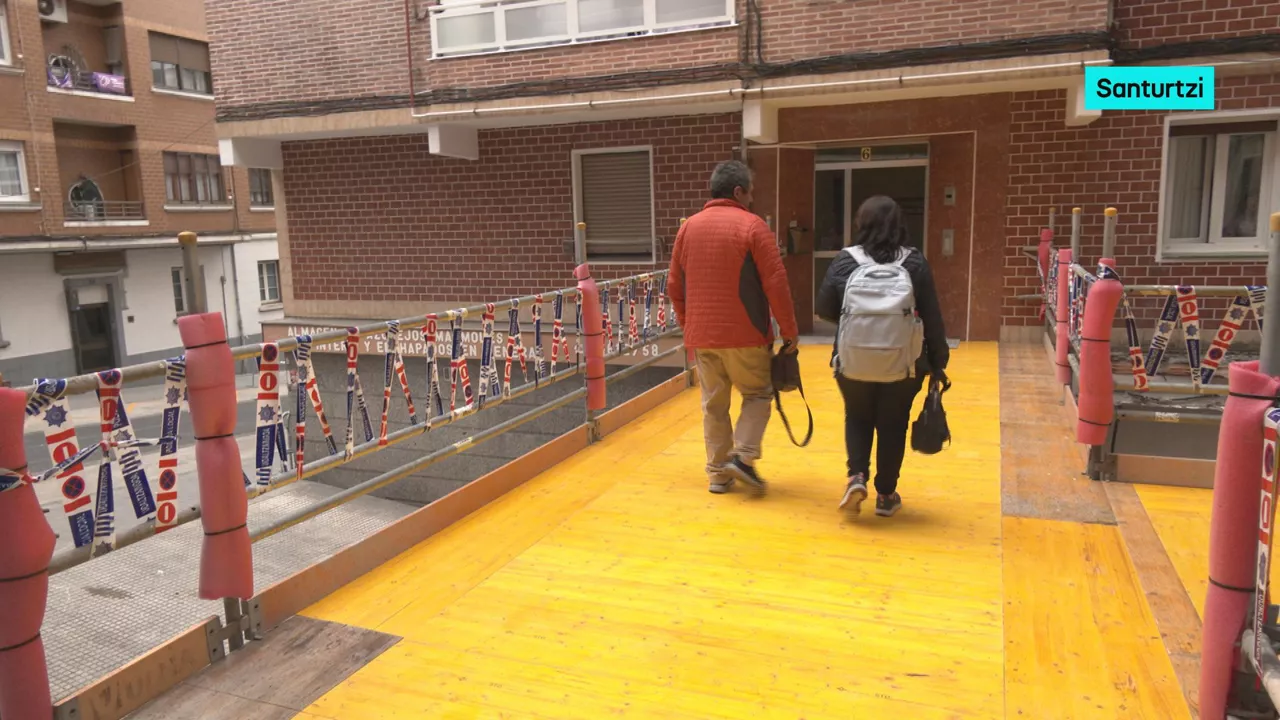
Santurtzi's residents affected by a shipwreck can now return to their homes
Some of them have been confined to their homes since Wednesday after sinking the lower part of the courtyard that gives access to their homes. The Santurtzi City Council has asked the affected residents to exercise caution over the metal passage.

Osakidetza will offer more than 4,500 places in the next OPE after the replacement rate has been approved
The selection process will take place next year, along with a new public offer of jobs that are difficult to fill.
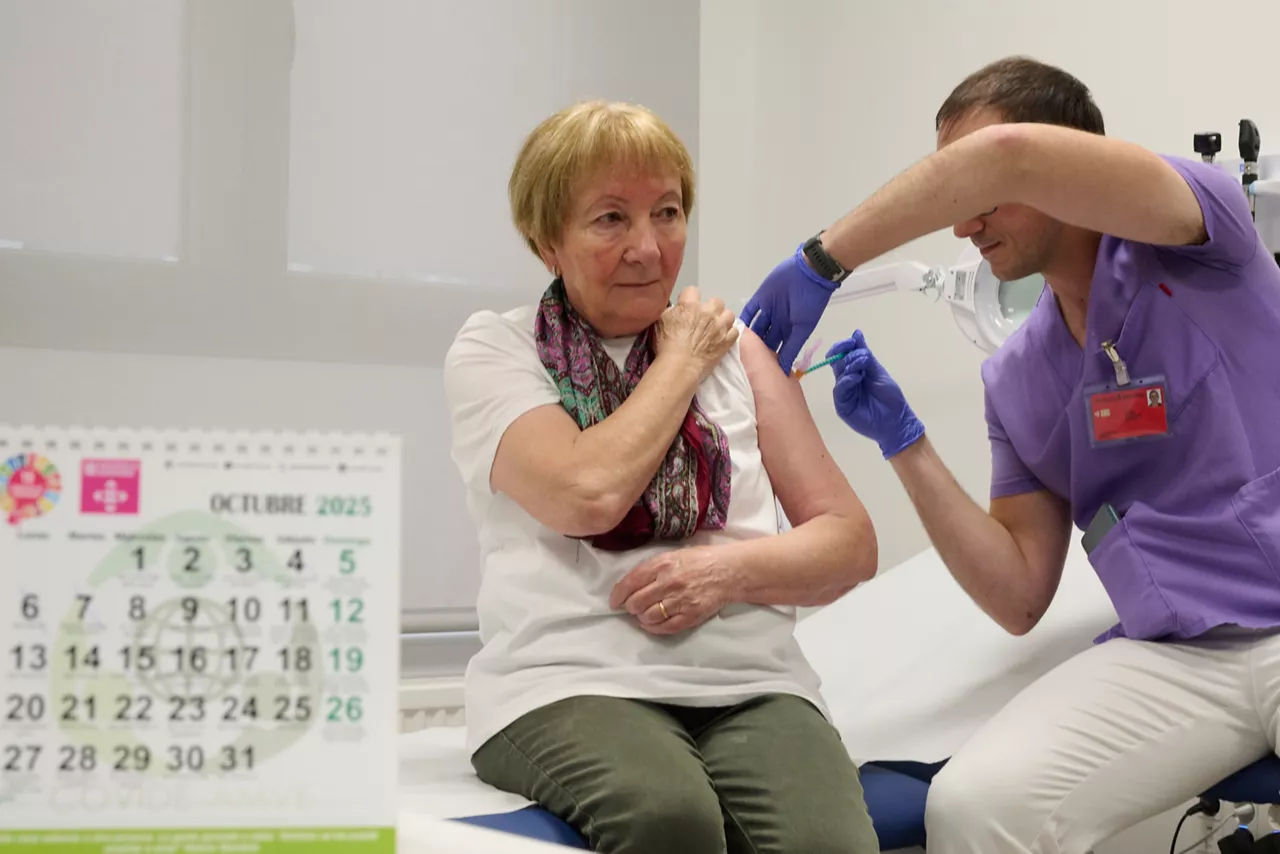
Flu hospitalizations in the Basque Country have decreased following the increase in vaccination
Osakidetza reports that 16.7% of the population has been vaccinated and asks children under 60 to be vaccinated.

